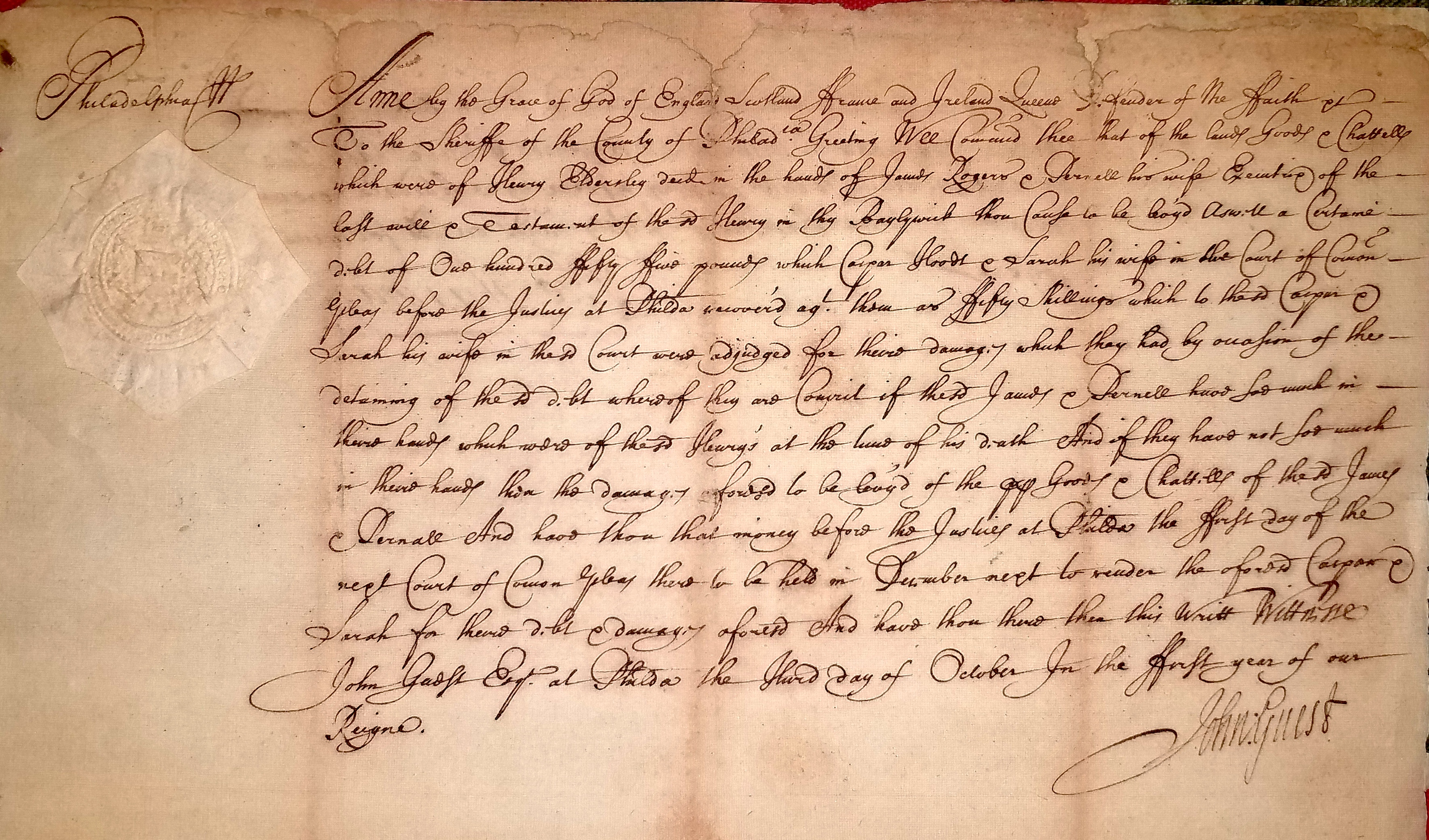Weapons
Navigating Legal Consequences and Defense Strategies
In the realm of criminal law, weapons charges can be particularly complex, carrying serious penalties and long-lasting repercussions. This guide aims to shed light on common weapons charges, the implications they carry, and the effective defense strategies that can be employed to mitigate or potentially dismiss such charges.
Common Types of Weapons Charges
Weapons offenses can vary widely, but they typically involve the possession, use, or distribution of illegal or regulated weapons. These charges may include:
Illegal Possession of a Firearm: This includes owning or possessing a gun without the necessary permits or if the person is barred from owning a firearm due to previous convictions or mental health issues.
Possession of a Firearm with an Altered Serial Number: Altering or obliterating a firearm's serial number is illegal and often linked to attempts to conceal the weapon's origin, potentially in connection with criminal activities.
Carrying a Concealed Firearm: This involves possessing a hidden firearm on one's person or within easy reach in a vehicle without a proper license.
Prohibited Weapons and Devices: Certain weapons, like sawed-off shotguns, silencers, explosive devices, and others specified in legal statutes, are outright banned for civilian possession.
Assault Weapons Violations: Possession of firearms classified as "assault weapons" can lead to charges if they are not registered according to state laws or if such weapons are banned entirely.
Trafficking Assault Weapons: Selling, transporting, or importing legally defined assault weapons, especially across state or national boundaries, carries severe penalties.
Legal Implications of Weapons Charges
The consequences of a weapons charge can be severe and life-altering. Convictions can result in significant fines, long-term imprisonment, and a permanent mark on one’s criminal record, which can affect future employment, education opportunities, and civil liberties like voting or firearm ownership.
Defense Strategies for Weapons Charges
Given the stakes involved, constructing a robust defense strategy with a skilled criminal defense attorney is critical. Common defense approaches include:
Challenging the Search and Seizure: If the weapon was discovered during an illegal search, any evidence obtained can potentially be suppressed, leading to charges being dropped or reduced.
Questioning the Actual Possession: Defense can argue that the defendant did not have actual possession or knowledge of the weapon, especially in cases involving multiple parties.
Validity of Ownership and Permits: Demonstrating that the weapons were legally owned and appropriately registered can nullify certain charges.
Self-Defense: In some cases, possessing a weapon may be justified if used for self-defense under immediate threat.
Mistake of Fact: Sometimes, individuals are unaware that they are in possession of a weapon classified as illegal or are misinformed about the legality of their weapon’s modifications.
Conclusion
Facing weapons charges can be a daunting and intimidating experience, but understanding your legal rights and options is the first step towards navigating this challenging scenario. With the help of an experienced criminal defense lawyer, defendants can develop an effective defense strategy tailored to the specifics of their case. If you or someone you know is dealing with a weapons charge, it's crucial to seek professional legal help immediately to ensure the best possible outcome.
For anyone facing weapons-related legal challenges, securing a knowledgeable and determined legal advocate is essential. Contact us today to discuss your case with a team dedicated to defending your rights and achieving a favorable resolution.


